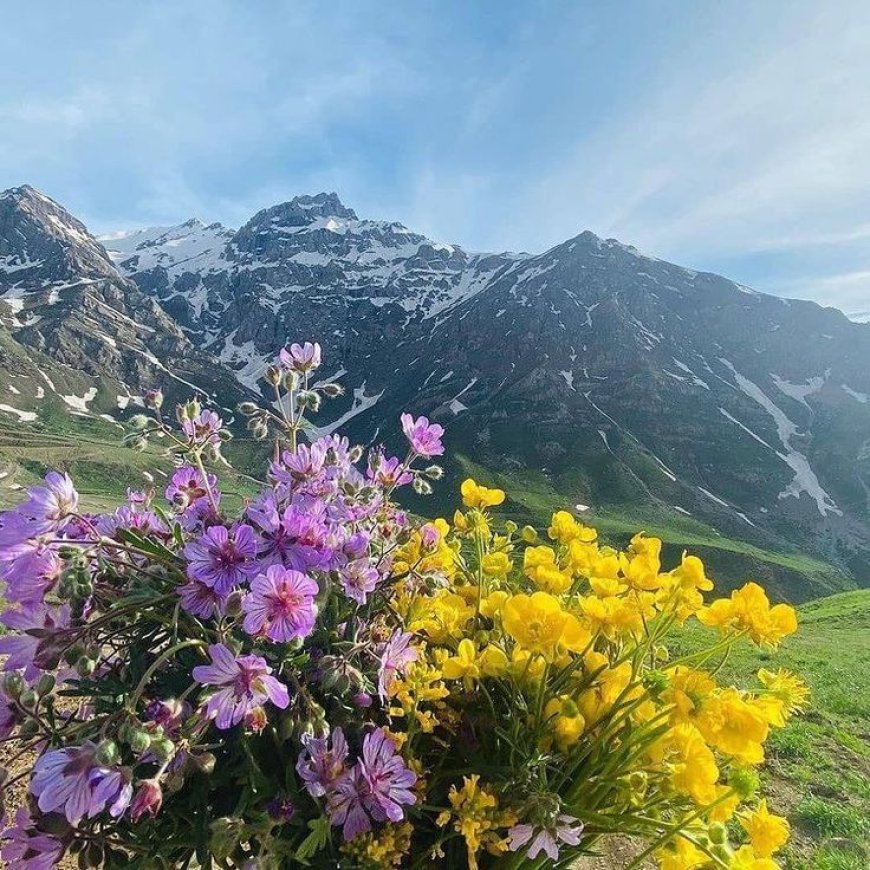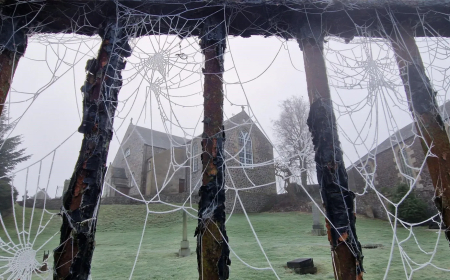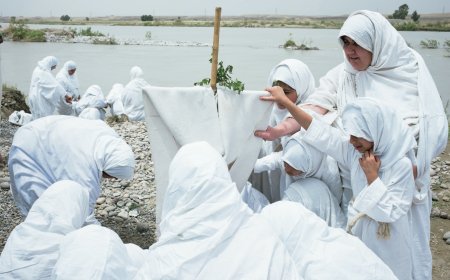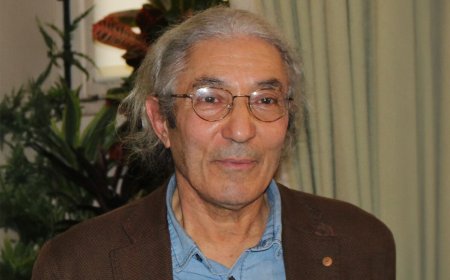International Plant Health Day: A Call to Protect Life in the Face of Climate Change
Sirwan Abdulkarim Ali / Politician and Academic

May 12th of every year has been designated as International Plant Health Day by the United Nations and the Food and Agriculture Organization. This day was first commemorated in 2022 with the aim of raising human awareness about plant care to sustain life and to urgently discuss and research the protection of plants from pests, diseases, and climate change.
It is evident that plants provide 80% of our food and 98% of the oxygen we breathe; nevertheless, threats to plant survival are continuously increasing due to human activities, environmental pollution, and climate imbalance.
Generally, this is a global issue; however, it is more severe and requires immediate action in the Middle East region, especially in Iraq and the Kurdistan Region, where the effects of climate change, drought, and environmental neglect have emerged in dangerous ways.
The region that was once known for its fertile plains and flowing rivers now faces drought, decreased rainfall, and rising temperatures.
The water levels of the Greater Zab, Lesser Zab, and Sirwan rivers, and even the Tigris and Euphrates, have significantly dropped, and along with them, agricultural lands have begun to turn into desert. This situation has worsened due to overgrazing, urban expansion, and deforestation, which has left the land bare and subject to erosion and desertification.
In recent years, the Kurdistan Region has experienced dusty weather conditions, with dust storms blowing from the southern part of the country and other areas, making life more difficult for its inhabitants.
These dust storms are not just annoying seasonal phenomena, but signs of environmental collapse. When the expanse of trees and vegetation decreases, soil loses its stability and can easily be carried by wind, leading to air pollution, reduced quality of life, and harm to human health, plants, and animals. This is not just a scientific issue, but a major humanitarian crisis affecting farmers, animal herders, cities, villages, and communities in general.
At the core of this crisis lies a simple but powerful truth: "Humans, animals, and plants form an interconnected life cycle." Animals eat plants, but humans eat both. Meanwhile, a great responsibility falls on humans, as they are conscious and responsible, and take on the duty of maintaining this balance.
Therefore, if animals continue to increase, and humans continue to misuse the environment, the entire ecosystem will collapse. We use several tons of meat and plants daily, but rarely ask what replaces them. What happens when forests disappear and nothing remains to stabilize the soil? What happens when animals go hungry and the land remains dry?
To preserve this balance, we need formal and governmental plans to take swift action. In the Kurdistan Region, we need to plant more trees, protect forests, regulate hunting, and reflect environmental awareness in educational programs, schools, Friday mosque sermons, church and temple guidance, and society. Water must also be treated as a sacred treasure, and we should develop local plans that reduce our dependence on external sources.
Biodiversity - that is, the diversity of plants and animals - should be part of the state's agenda, and keeping the air clean, soil healthy, and climate stable should be the priority of relevant institutions.
International Plant Health Day is not just a symbolic occasion but a reminder that our future depends on how we treat the earth today, making us concerned for future generations.
In the Kurdistan Region, where climate change is no longer a potential threat but a tangible reality, we need to be at the forefront of those seeking to restore balance. Each tree planted, each field protected, each awareness campaign launched is a step toward protecting future generations.
I now take pride in the activities of the Bejin Organization for Anfal Women Survivors, which from 2009 to 2013 made environmental protection, water resources, and maintaining climate balance the main focus of our program, which we implemented in Garmian, Chamchamal, Sangaw, Aghjalar, and surrounding villages. We also held two extensive environmental protection conferences in Chamchamal and Kalar.
I say again, the universe is built on a delicate balance, and if we break this balance - by allowing animals to limitlessly destroy greenery, by continuing deforestation without planned replanting, by consuming more than we produce - we are heading towards disaster.
But if we preserve the life cycle, understand that plants nourish animals, and animals nourish humans, and humans are responsible for both, then we can build a future where drought waves and their damages will not worsen, and if greenery is expanded, dust storms and muddy winds will not increase beyond what they are now.




















































